Hollywood’s most dazzling event, the Academy Awards, boasts a long history of recognizing cinematic excellence. Yet, for every triumphant victor, tales exist of shocking defeats and deserving classics that didn’t catch Oscar’s golden glow. These films, despite critical acclaim, cultural impact, and enduring influence, somehow missed out on the industry’s top prize. In this piece, we’ll take a closer look at ten such movies and try to figure out why they failed to win an Oscar.
1. The Shawshank Redemption (1994)
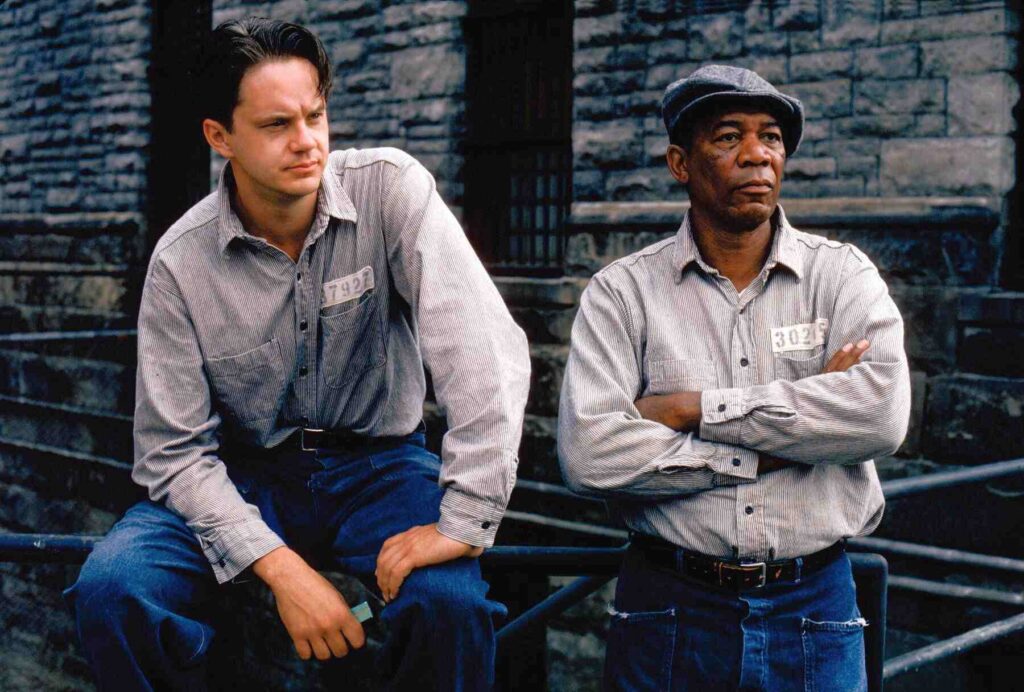
The Twist: Seven Oscar nominations, including Best Picture, didn’t result in any wins for this prison drama classic.
Why It Didn’t Win: Frank Darabont’s adaptation of Stephen King’s novella has become a movie milestone, often appearing on lists of the greatest films ever. But 1994 belonged to Forrest Gump. Robert Zemeckis’s sweeping romantic epic, with its broad storyline and technical brilliance, won the hearts and votes of Academy members.
When it came to mood, the Academy preferred Forrest Gump’s upbeat and heartwarming journey over Andy Dufresne’s dark, yet hopeful, tale. Pulp Fiction, another groundbreaking nominee that year, also split the vote, allowing the more traditional and emotionally stirring Forrest Gump to dominate the awards ceremony.
2. Pulp Fiction (1994)
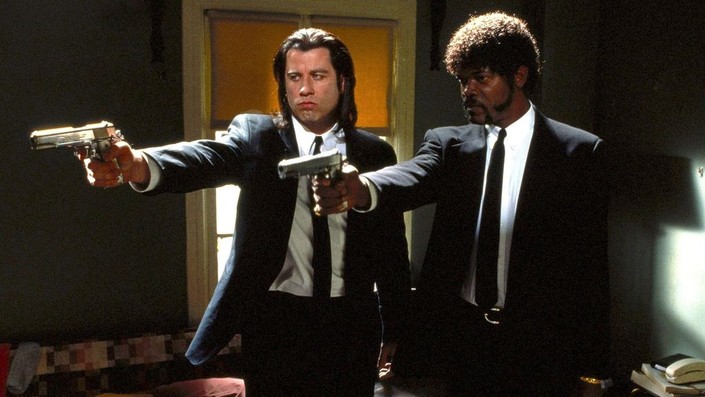
The Twist: This indie movie changed the game even though it didn’t get the Best Picture award.
Why It Didn’t Win: Quentin Tarantino’s out-of-order storytelling, clever and funny lines, and obsession with pop culture paved the way for indie films in the 1990s. While Pulp Fiction grabbed the Oscar for Best Original Screenplay, its more unsettling and brutal parts might have made Academy members think twice, maybe because they were more traditional than the average moviegoer back then. In the end, Forrest Gump took home the best picture trophy, giving us all that cheesy nostalgia and even a happy ending, and so on.
3. Citizen Kane (1941)
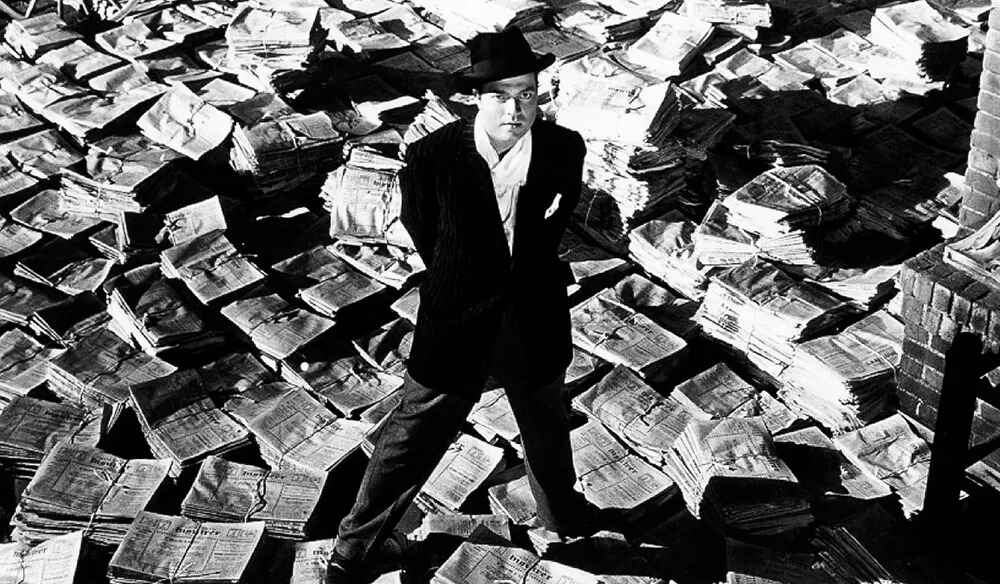
The Twist: That’s being conveyed generally, but overall it is widely considered one of the best and defining films of all time. It did not win Best Picture—it lost to How Green Was My Valley by John Ford.
Why It Didn’t Win: Citizen Kane didn’t win for a number of reasons. Not just one thing. One major reason was the crazy, intense negative campaign by a major player in the newspaper field – William Randolph Hearst – that inspired the real guy in the film. Hearst used his vast media network to smear the film and Welles. Additionally, its somewhat brand-new approach to telling a story, its actual filming techniques, and the sound stuff could have been deemed too out there for the Academy folks way back when in the 40s. John Ford’s How Green Was My Valley was a more conventional, sentimental family story, allowing us to go with the cozier and more comforting option.
4. Saving Private Ryan (1998)
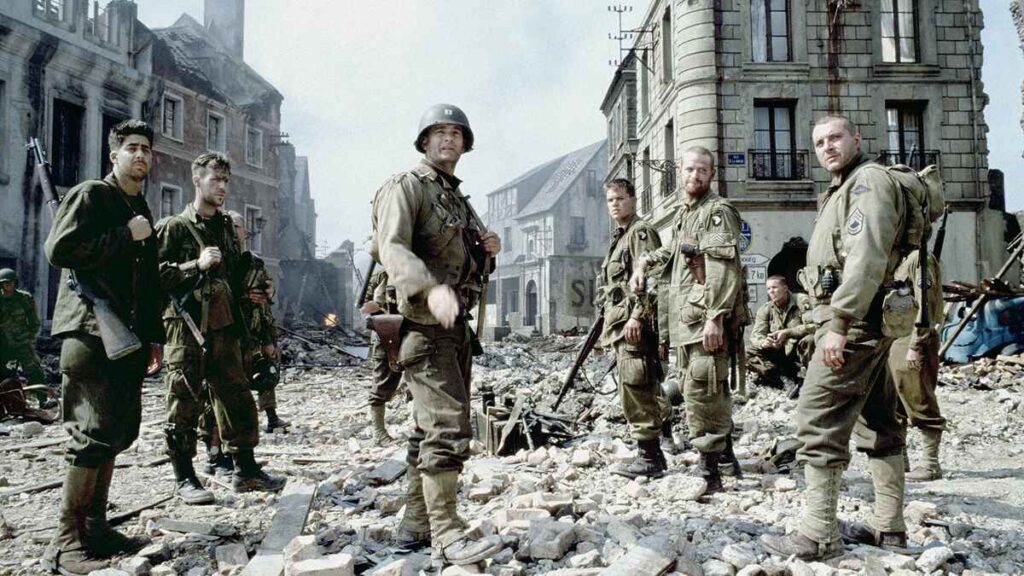
The Twist: Steven Spielberg’s raw and unflinching World War II drama was an apparent Best Picture shoo-in but came up short against the romantic comedy Shakespeare in Love.
Why It Didn’t Win: This is still one of the most breathtaking Oscar shocks ever. Spielberg did take home Best Director, a masterpiece to the film’s technical and artistic merit. Yet the ferocious and charm-abundant Oscar campaign initiated by Miramax, the studio that produced Shakespeare in Love, is most likely to have influenced voters. The lighter, more lighthearted period romance presented a sharp contrast to Spielberg’s war film’s horrific realism. The strength of a well-coordinated awards campaign proved to be an unstoppable force, showing that the “best” movie doesn’t necessarily win the award.
5. Brokeback Mountain (2005)
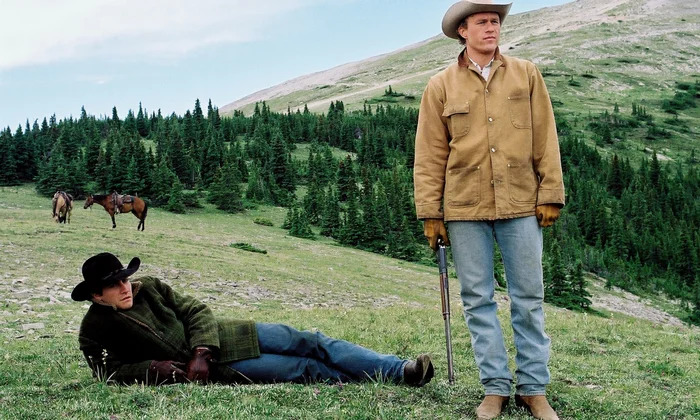
The Twist: Ang Lee’s tender, triumph-filled portrait of a hidden love between two cowboys dazzled critics, swept festivals, and seemed a sure Best Picture winner—until Crash surged past it on the final vote.
Why It Didn’t Win: The outcome sparked uproar and revived accusations of homophobia among Academy voters. Lee claimed Best Director, affirming his artistry, yet the film’s gentle, unguarded depiction of a gay bond may have unsettled conservative, late-in-life members. Crash, centred on the fraught pulse of racial strife in Los Angeles, struck some as a more pressing, didactic choice; even so, its triumph still prompts arguments and serves many as a textbook instance of the Academy opting for comfort over a story that dared deeper and hurt more.
6. Goodfellas (1990)
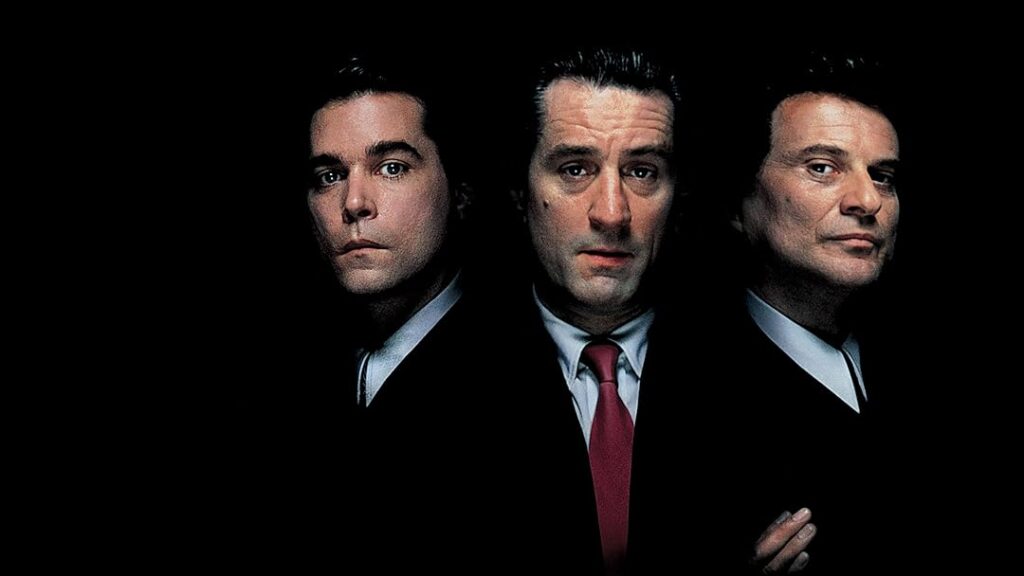
The Twist: Martin Scorsese’s high-energy and stylishly appointed gangster epic lost the Best Picture Oscar to Kevin Costner’s debut as a director, Dances with Wolves.
Why It Didn’t Win: Although Goodfellas is currently a widely accepted masterpiece of the gangster genre, the Academy has in the past preferred sweepingly epic films to gritty crime dramas. Dances with Wolves, a stunningly beautiful and sincere Western, fell into the category of classic Best Picture winners. Its sweeping scope, noble ideals, and commercial success probably appealed more to the tastes of the Academy than Scorsese’s breakneck and morally complex depiction of gang life.
7. The Color Purple (1985)
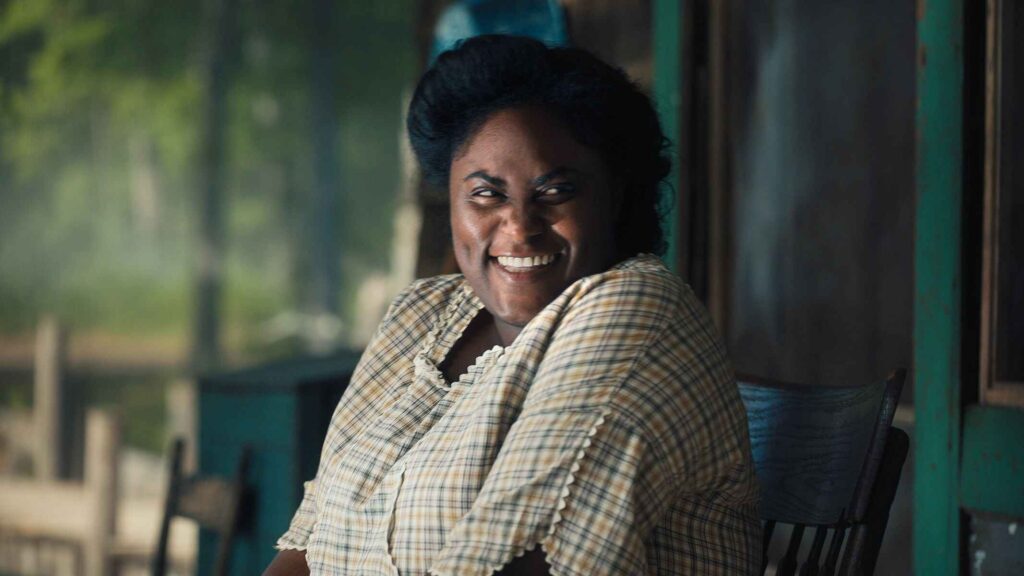
The Twist: Steven Spielberg’s strong take on Alice Walker’s Pulitzer Prize-winning book got 11 Oscar nominations but didn’t win any, a mark it shares with The Turning Point.
Why It Didn’t Win: The Color Purple had a tough time at the Oscars. The movie caused disagreement, with some critics and activists saying it pushed unfair images of Black men. This criticism, along with the fact that Spielberg was seen as a director of popular movies instead of serious films then, might be why it didn’t win. That year, the Best Picture award went to Sydney Pollack’s long romance movie Out of Africa.
8. Blade Runner (1982)
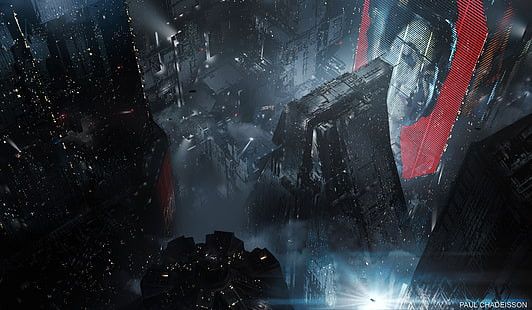
The Twist: Despite its amazing visuals and complex themes, the sci-fi noir film Blade Runner didn’t win either award it was up for: Best Art Direction and Best Visual Effects.
Why It Didn’t Win: Blade Runner, directed by Ridley Scott, was too advanced for its time. When it first came out, its dark, futuristic world and deep questions about what it means to be human weren’t liked by most viewers or reviewers. The film’s dark mood, strong atmosphere, and unclear ending were different from the more action-packed sci-fi movies back then. It lost the Visual Effects Oscar to E.T. the Extra-Terrestrial, which was more popular and enjoyable for families. But in the years since, Blade Runner has gained a huge fan base and is now seen as a key film in the sci-fi world.
9. Psycho (1960)
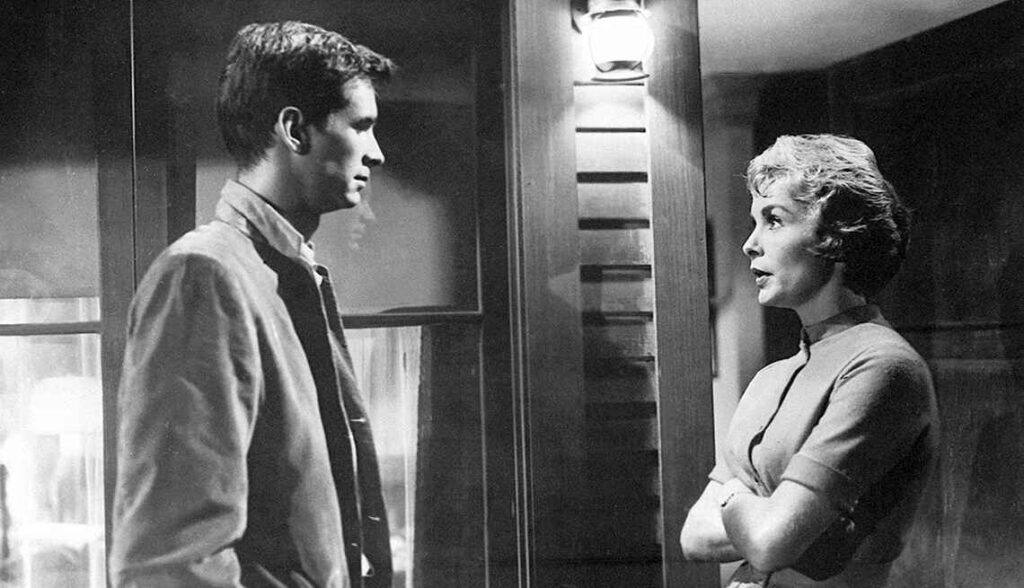
The Twist: Alfred Hitchcock’s game-changing horror flick, which changed the genre as people knew it, didn’t get any Oscars even though it was up for four awards, like Best Director.
Why It Didn’t Win: The Academy hasn’t always given its biggest awards to horror movies. Psycho, with its scary violence and disturbing themes about the mind, probably seemed too edgy for many voters back in 1960. Killing off the movie’s biggest star early on was a risky move that, while now famous, was unheard of then. Instead, the big awards that year went to more standard movies like The Apartment, which got Best Picture and Best Director.
Also Read… How Sylvester Stallone’s Early Struggles Built a Hollywood Legend
10. Do the Right Thing (1989)
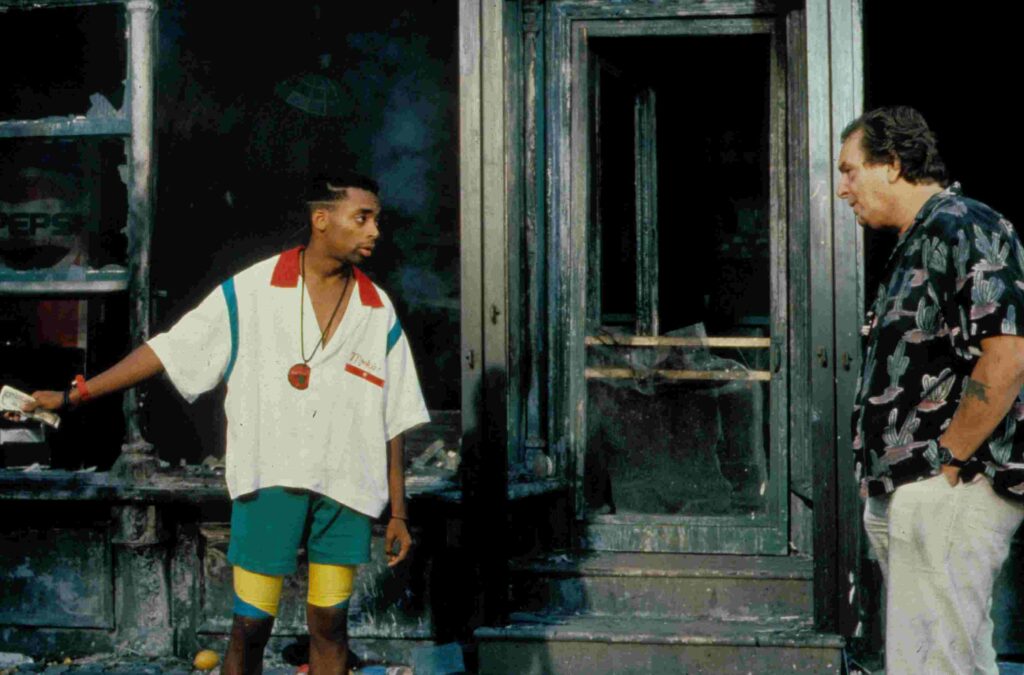
The Twist: Spike Lee’s brave movie about racism in Brooklyn didn’t earn a nomination for Best Picture, and we are still talking about it.
Why It Didn’t Win: Do the Right Thing was a cinematic alarm clock challenging racism, changing neighbourhoods, and the conduct of police. It had an aggressive pace and a non-endable ending, which threw some viewers for a loop, and there were a few critics who were worried that it might provoke incidents of violence. The Academy chose the gentler “Driving Miss Daisy” for Best Picture, which, while related to race, offered it in a manner more friendly to the overwhelmingly white and older Academy voters. The complete snub of “Do the Right Thing” shows that the Academy is still very cautious about endorsing films that break rules and provoke political discourse.
Final Thought
While they never won an Oscar, they achieved something far more important: they became immortal. Their legacy is a testament that awards are part of the moment of glory, yet true greatness is about what people remember long after the awards and accolades and pomp and circumstance are over. That’s more important than an award or a trophy.
Written by Nidhi Singh
